১১ ফাল্গুন ১৪৩২
BNP Leader Salahuddin Says No Laws Contrary to Qur’an and Sunnah Will Remain in Bangladesh
23 November 2025 18:11 PM
NEWS DESK
BNP Standing Committee member Salahuddin Ahmed on Sunday declared that no law contradicting the Qur’an and Sunnah would be enacted or retained in Bangladesh. Any existing laws deemed contrary to Islamic teachings would be repealed, he said.
Speaking at the National Conference of the Sammilito Imam–Khatib Parishad at the Bangabandhu International Conference Center in Sher-e-Bangla Nagar, Dhaka, Salahuddin asserted that late President Ziaur Rahman had incorporated “absolute trust and faith in the Almighty Allah” into the principles of state governance. He accused the Awami League of removing it from the Constitution and vowed that it would be reinstated.
During the conference, imams and khatibs presented seven demands, including a call to ensure that no imam, khatib, or religious scholar is arrested or harassed without proper evidence and investigation.
Referring to these demands, Salahuddin said that no citizen should be arrested without preliminary investigation or credible information. He alleged that the former “Awami fascist, illegal government” had been hostile toward religious scholars and had fabricated militancy cases. According to him, those days were over and Bangladesh had begun a “new democratic journey,” where no unlawful actions breaching due process would be tolerated.
Salahuddin added that the BNP believes in “the Islam of Madinah” and seeks to end divisions and sectarianism within the country. He urged imams and khatibs to prevent worldly or political activities inside mosques and to keep religious leaders above controversy.
BNP’s acting chairman Tarique Rahman and Jamaat-e-Islami Ameer Shafiqur Rahman addressed the event as special guests. Other speakers included NCP convener Nahid Islam, Gono Odhikar Parishad president Nurul Haque Nur, Bangladesh Khelafat Andolan Ameer Habibullah Miaji, Jamiat Ulema-e-Islam secretary general Manjurul Islam Afendi, Islami Oikya Jote secretary general Sakhawat Hossain Raji, and Hefazat leader Junayed Al Habib.
Maulana Azharul Islam presented seven key demands on behalf of the organization. They include:
-
Ensuring governance based on Islamic Shariah while maintaining tolerance toward all religions.
-
Involving imams and khatibs in state welfare activities and law-and-order committees at the district, divisional, and police station levels.
-
Waiving electricity and water bills for mosques, madrasas, and other religious institutions.
-
Formulating service rules and recruitment policies for mosque imams and ensuring their representation in mosque committees.
-
Preventing arbitrary arrest or harassment of imams, khatibs, and scholars without evidence.
-
Giving preference to holders of government-recognized Dawra-e-Hadith degrees in appointments of imams, religious teachers in schools and colleges, and qazis.
-
Providing state recognition and allowances for social reform initiatives led by imams and khatibs, such as anti-drug campaigns, anti-dowry efforts, discouraging bribery and illegal wealth, and promoting family and social harmony.
The conference brought together leaders from various Islamist and political platforms, highlighting their collective call for enhanced recognition and protection of religious scholars in Bangladesh.




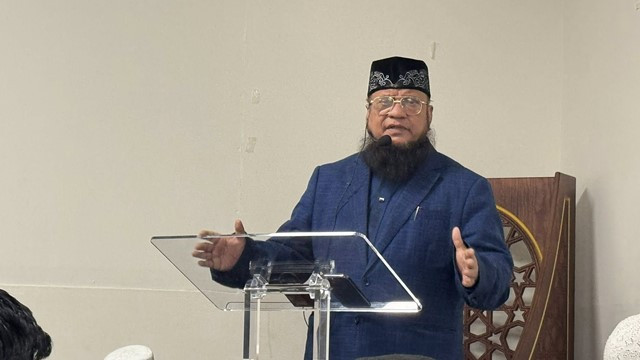
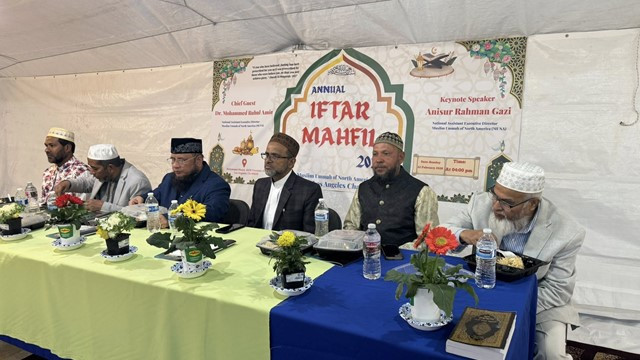



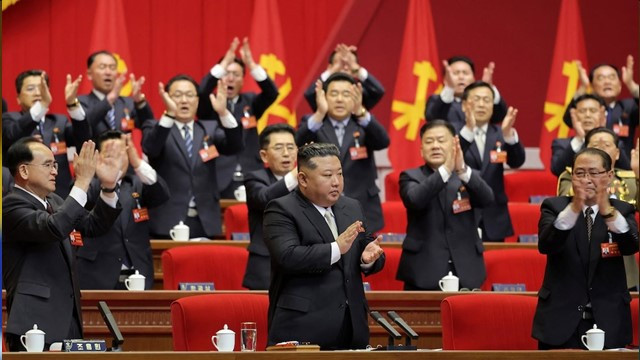


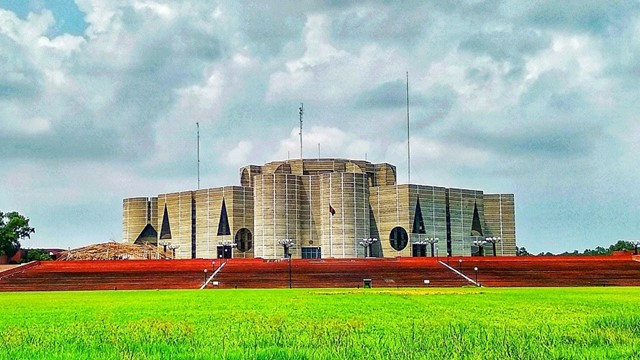
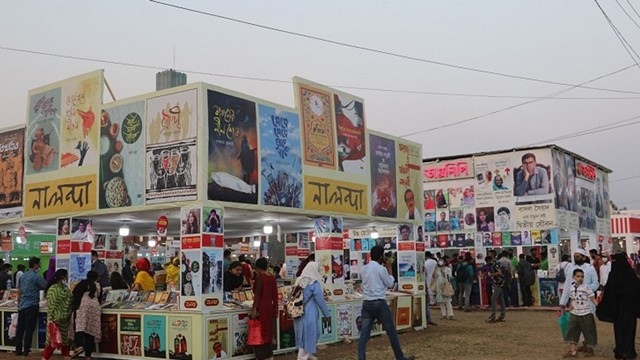
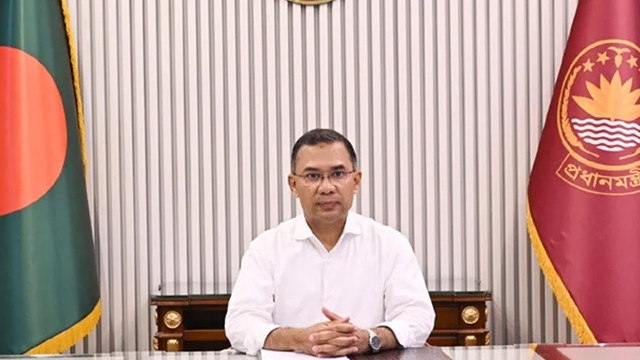
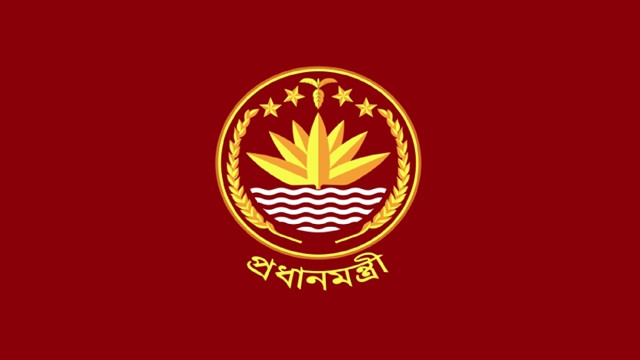
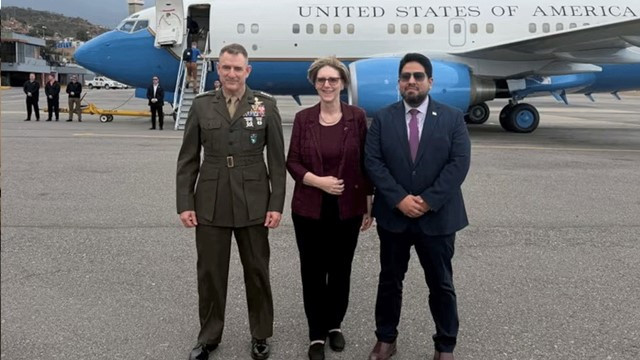

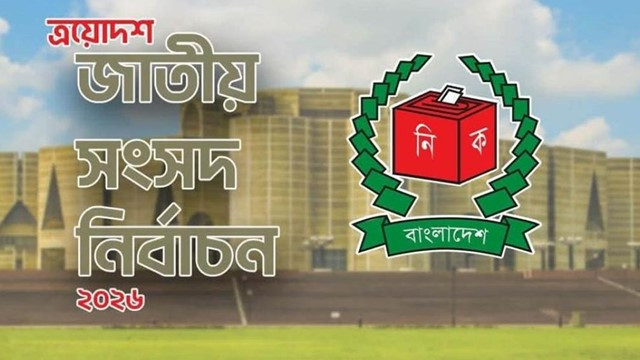
Comments Here: